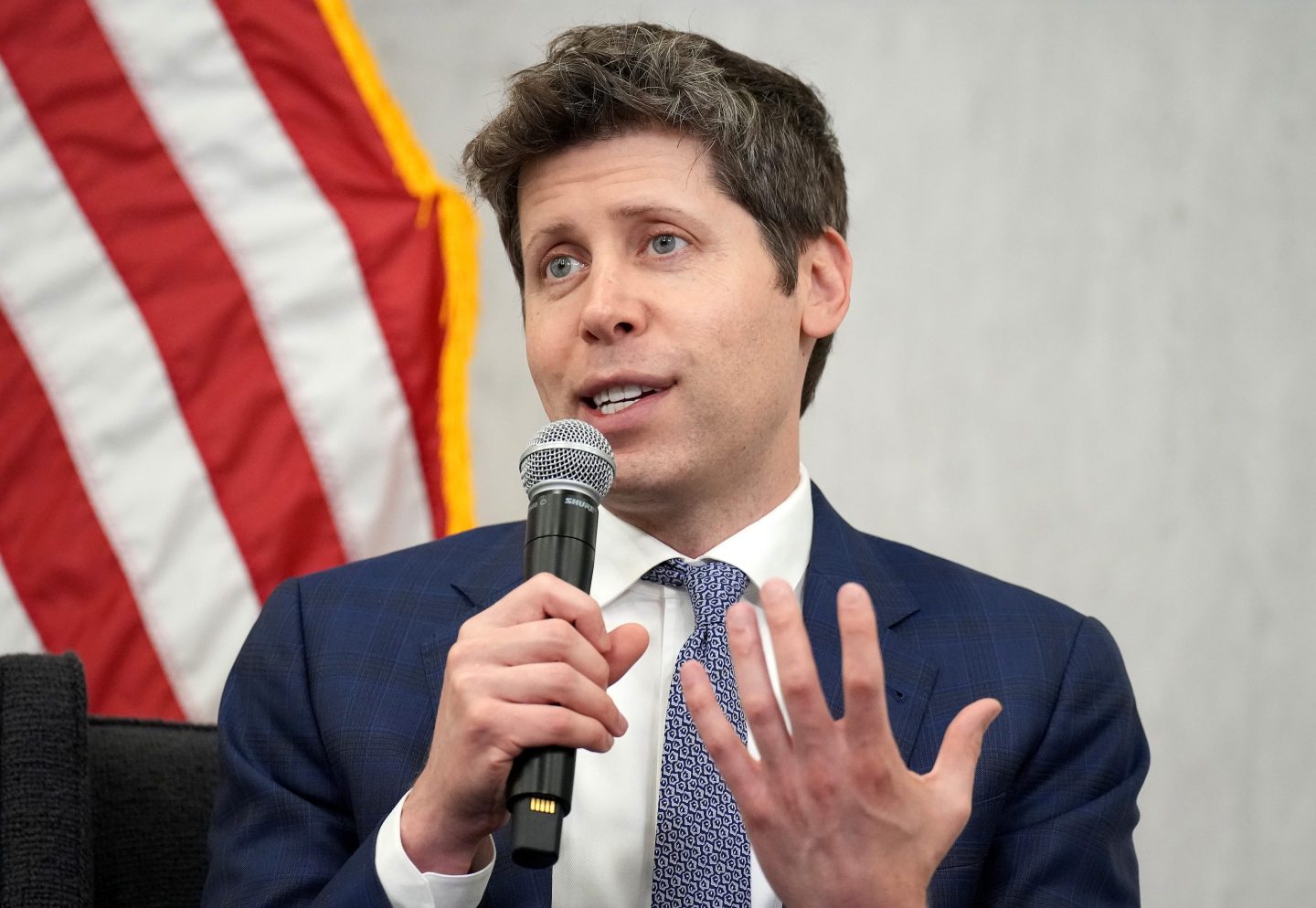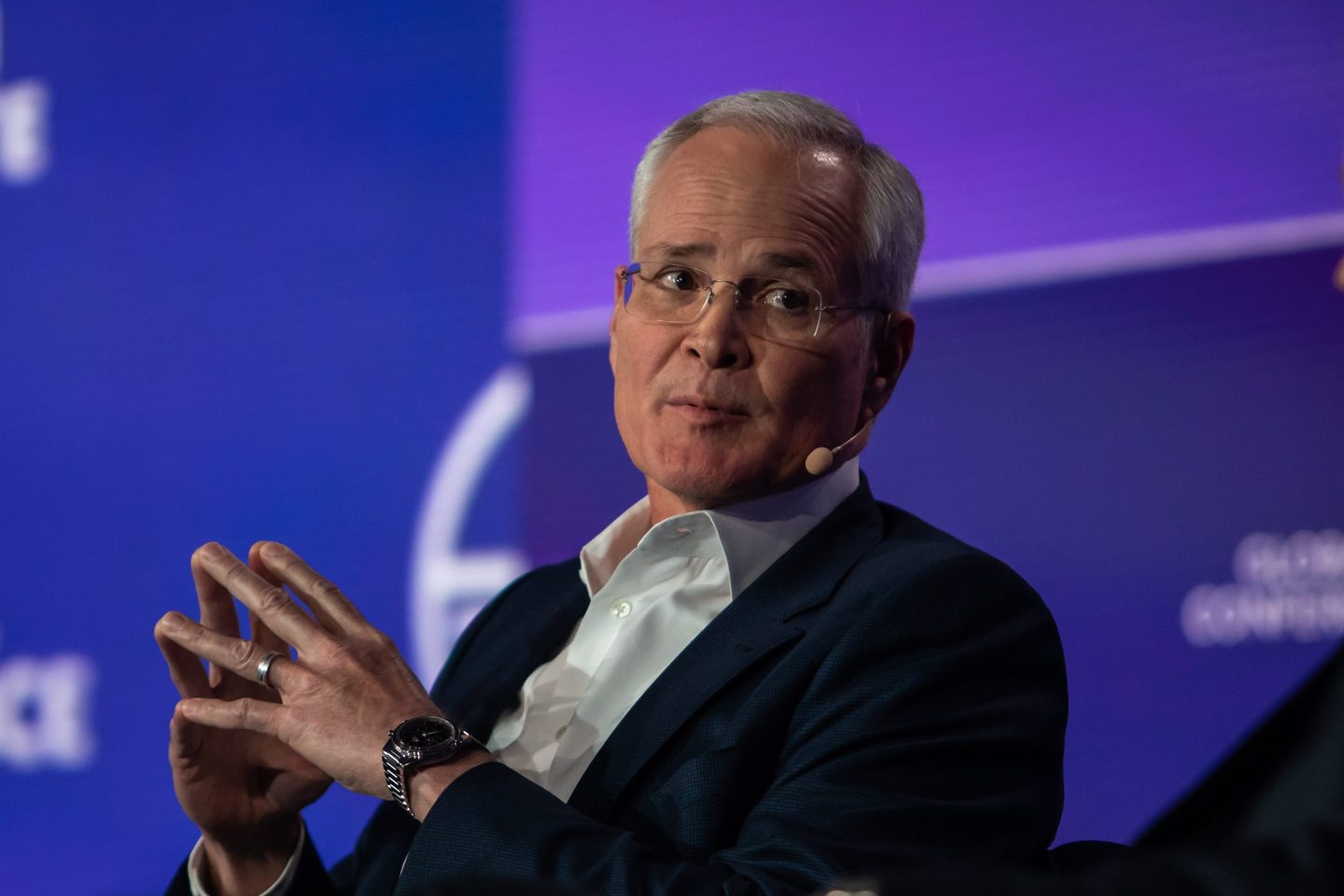I’m only a little bit embarrassed when I stumble across intellectual hobby horses it seems everyone else is talking about. I’m a busy guy, and evidence to the contrary, I don’t spend all my time thinking or reading about weighty matters.
I was perplexed, then, at Fortune’s recently concluded conference in Rome when more than one brainy participant made knowing references to “universal basic income.” In case, like me, you aren’t familiar with it, UBI is a flat payment to an entire population. The rationale is twofold. First, paying everyone a certain amount of money gives those with too little enough to get by. Second, such a payment is more efficient and effective than welfare, which by definition requires a costly administrative structure to work.
UBI has become a hot topic in tech, partly because it has been championed by leading lights in Silicon Valley, including the startup investor Y Combinator. It came up repeatedly in Rome because our task was to suggest specific actions the business world can take to ameliorate global poverty.
Get Data Sheet, Fortune’s technology newsletter, where this essay originated.
Such a blunt-force approach is immensely appealing to libertarian-leaning thinkers in the technology industry. (Long before Silicon Valley became known for its political liberalism, its most important figures simply wanted government to leave them alone.) A skeptical review of Silicon Valley’s love affair with UBI by Jathan Sadowski in The Guardian provides a counterpoint to the cheerleading on the topic. He sees selfish opportunism in the Valley’s embrace of UBI, a way, for example, to pad the incomes of those scraping by in the so-called sharing economy.
“Why do the wealthy and elite support seemingly radical social programs?” he asks. “Have they grown enlightened and concerned with the plight of everyone else? Is this a mea culpa designed to make exploitation more bearable, a bit of comfort to soften the crushing pressure of life? Or is it a stealthy way for them to backdoor their own politics and values, while also protecting their positions in society?”
These are good questions, especially as the business world grapples with finding purpose in its important collective corporate mission.











